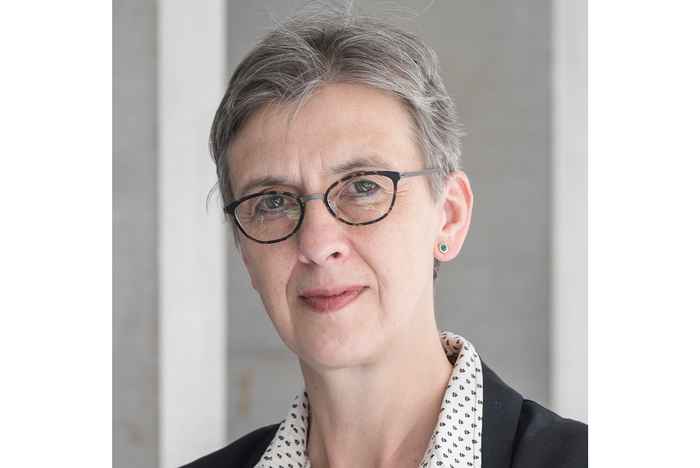ACLE Seminar: Katharina Pistor (Columbia Law School)
- Date
- 29 October 2019
- Time
- 16:00 -17:15
- Location
- Roeterseilandcampus - building A
- Room
- A5.24

Abstract
Capital is not a thing; rather capital is the product of an object, claim to future cash-flows, or an idea and the legal code. In principle, any asset can be turned into capital, or private wealth, by using the elements of the code to imbue these assets with priority, durability, convertibility, and universality. A handful of legal elements have been used over the past 400 years to code first land and later firms, debt, and ideas into capital, namely property rights, collateral law, trust, corporate, bankruptcy and contract. This works, because states back legal coding strategies with their coercive powers. Further, they back not only assets that are coded in their own, domestic law, but also assets that are coded in foreign law. Global capitalism configured in only few legal systems, a menu of options from which sophisticated lawyers, the masters of the code, will pick and choose.
Location
Amsterdam Law School, building REC A, Room A5.24
Registration
Please register before 27 October: acle@uva.nl.
One-to-one Meeting Request
Click here for a one-to-one meeting with Professor Katharina Pistor on 29 October 2019, prior to the seminar.
About the speaker
For more information about Katharina Pistor, look at her faculty profile. A summary of her book can be found at ProMarket and a summary of Chapter 6, “A Code for the Globe” is available from SSRI. The book is available for purchase at PUP.
About the Event
The Amsterdam Center for Law and Economics (ACLE) is a joint initiative of the Faculty of Economics and Business and the Faculty of Law at the University of Amsterdam (UvA). The objective of the ACLE is to promote high-quality interdisciplinary research at the intersection between law and economics.
